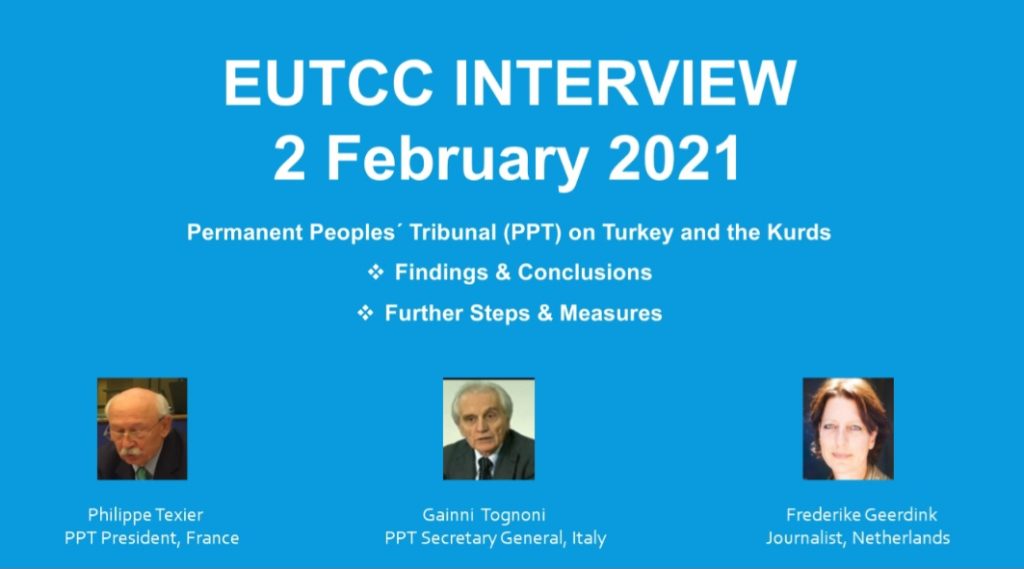Stop Turkey’s military offensive
November 20th Turkey launched a new offensive against the area of the Autonomous Administration of Northern and Eastern Syria and the Kurdistan Region of Iraq. Many civilians were killed, a hospital and grain depots were destroyed.
With this offensive, the perpetrators of the Istanbul attack have unmasked themselves. The Turkish state’s monist ideology is the driving force behind this anti-Kurdish warfare. Any achievements of the Kurds in the context of a democratic and gender-just understanding of society are to be destroyed. The catastrophic political situation in Turkey and the upcoming elections in 2023 add up to this. The so-called opposition is silent on the military offensive; in its anti-Kurdish actions, it agrees with the government.
To date, silence has also been on the agenda of the international community, above all the European Union and the Council of Europe. International law does not seem to apply when it comes to Turkey – a member of NATO and the Council of Europe and a candidate for EU membership.
Turkey’s war crimes must not remain without consequences. Toughest sanctions and an immediate no-fly zone are essential. The international community is now called upon to act and especially the United Nations, the Global Coalition to Defeat ISIS, the European Union and the United States to force their partner to comply with its legal obligations. There must be no hesitation.
EU Turkey Civic Commission
www.eutcc.net
Twitter: @EUTCC1
Facebook: Eu Turkey Civic Commission


